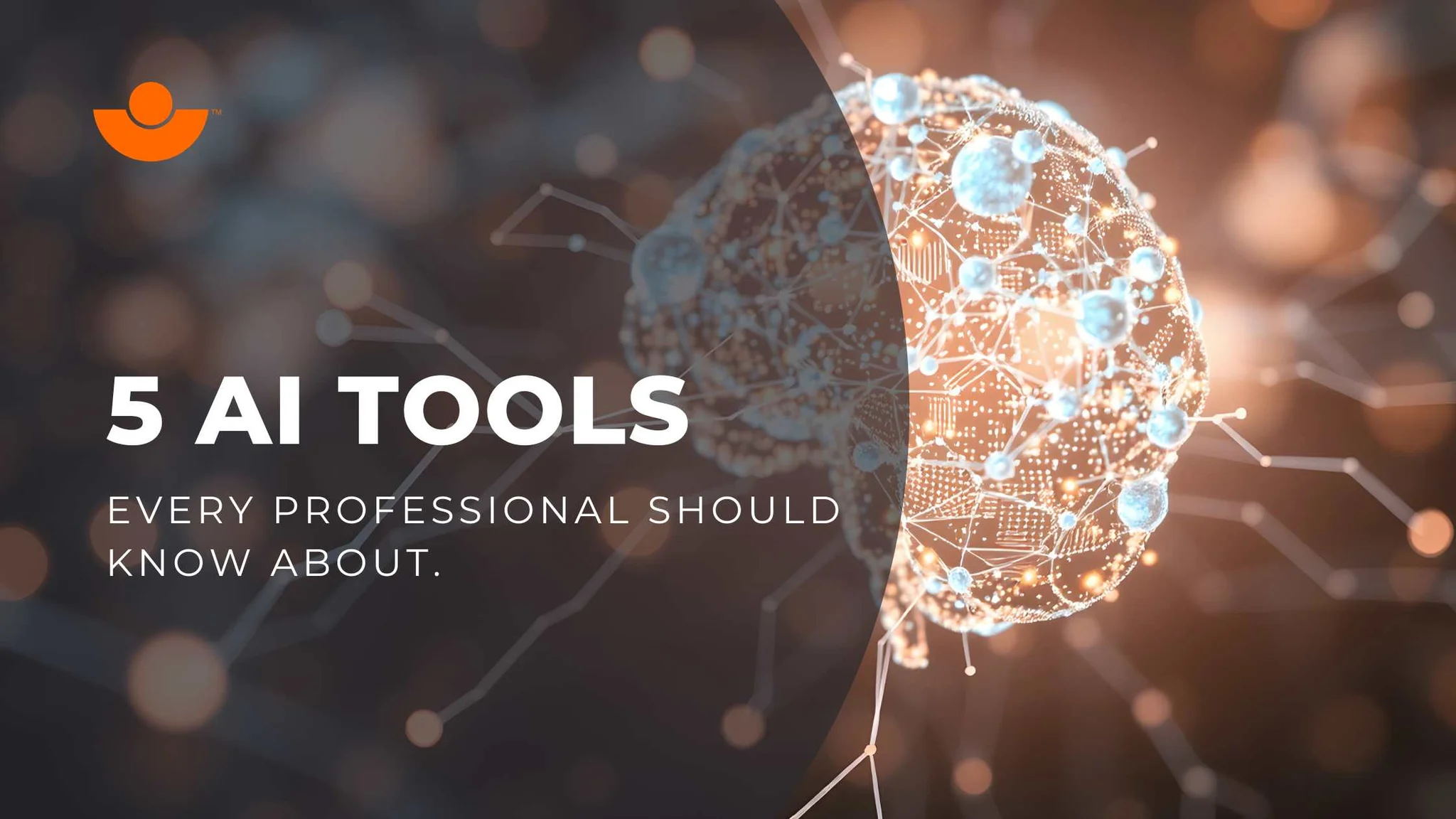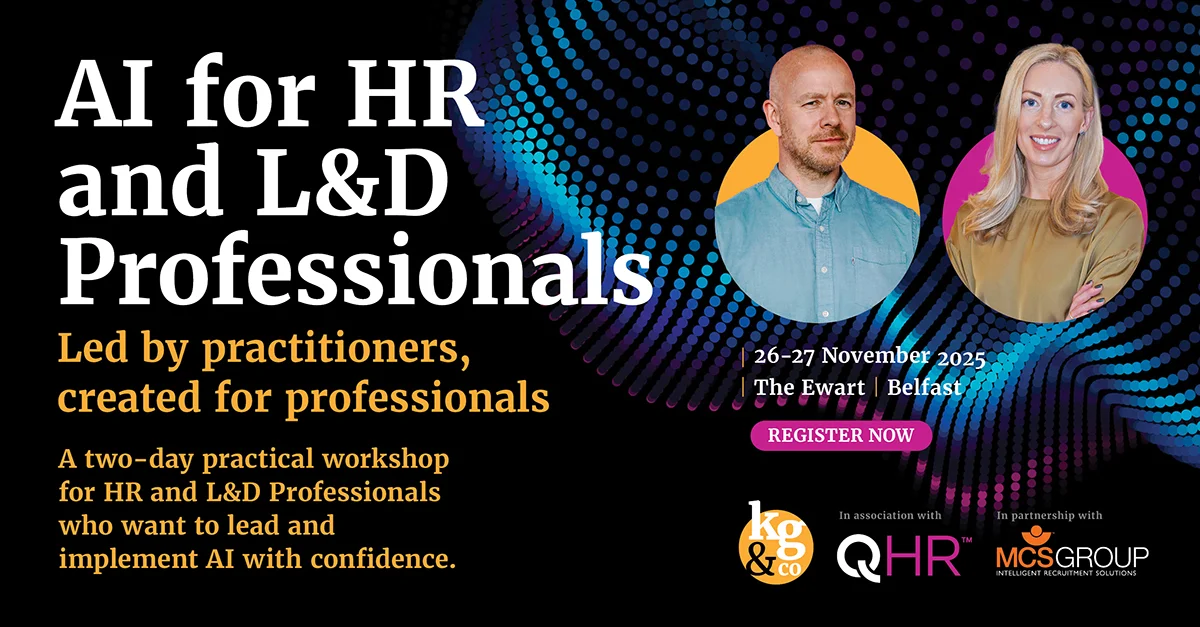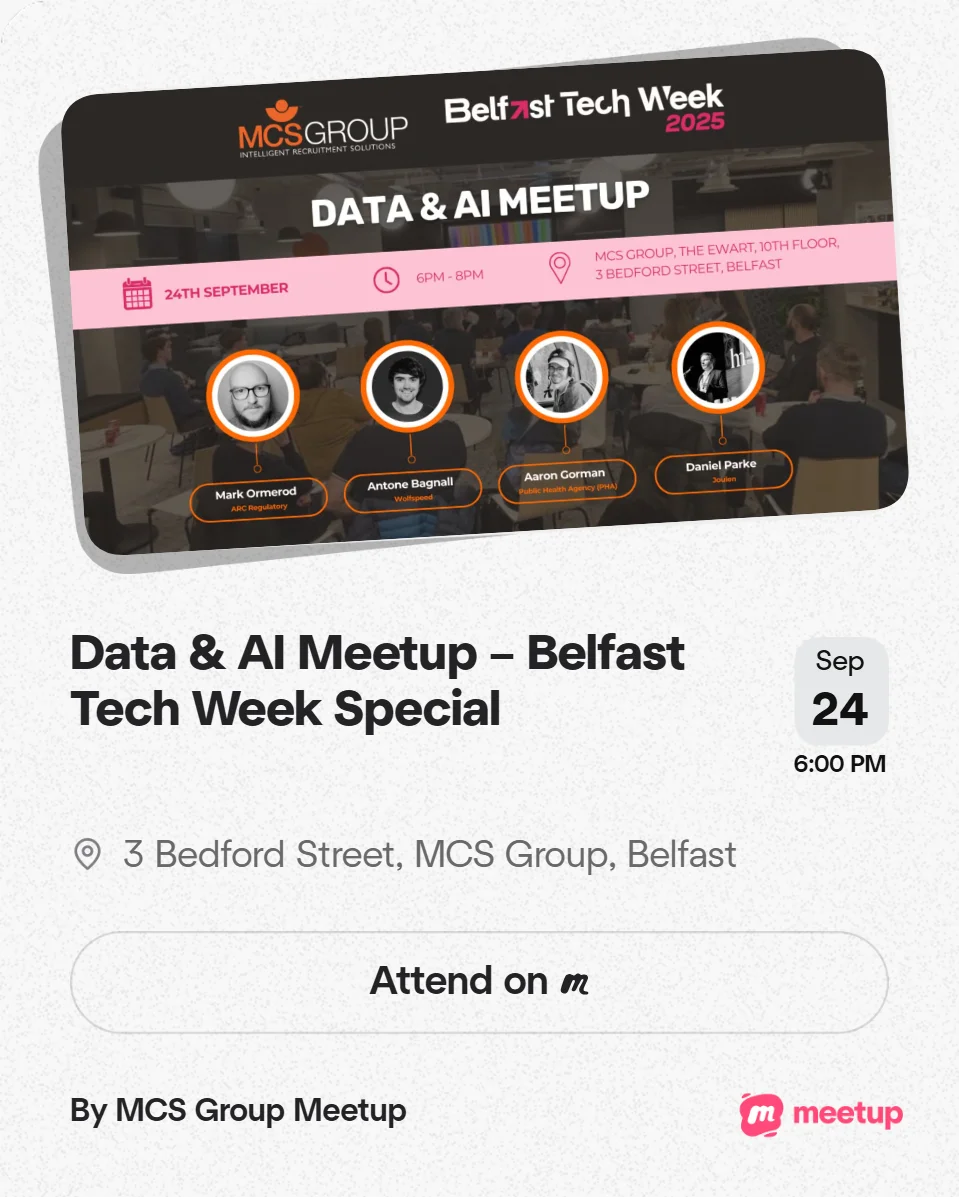The Future is Data: Exploring the Career Pathways in Data Science
21 Feb, 20245 minutes
In today's data-driven economy, all organisations rely on data science in some form to drive innovation and gain a competitive edge. From predicting consumer behaviour to optimising supply chains, data science empowers businesses to make informed decisions backed by evidence and analysis. By harnessing the power of data, organisations can identify new opportunities, mitigate risks, and streamline operations with unparalleled efficiency. Data science also plays a pivotal role in shaping public policy and driving societal progress. From healthcare analytics to climate modelling, data-driven insights inform critical decisions that impact millions of lives worldwide. Whether it's combating disease outbreaks or addressing climate change, data science serves as a catalyst for positive change on a global scale.
With the US Bureau of Labor Statistics estimating that employment of Data Scientists is due to grow by 35% over the next decade and 17,700 job openings projected each year on average, the future for data roles in the United States is bright and the UK is no different. In 2021, a UK government study estimated that current supply of Data Scientists from UK universities was unlikely to exceed 10,000 per year, which is a relatively small figure in comparison to the potentially 178,000 data roles to be filled. This prediction of growth in the field of data science was seen as far back 2019 with the Royal Society’s Dynamics of Data Skills Report finding demand for talent with specialist data skills, like data scientists and data engineers, over the previous five-year period had more than tripled to 231%.
Data-driven decision-making has become a cornerstone of modern business strategy, and data professionals serve as catalysts for commercial success meaning the organisations that put solutions and structures in place to harness the data will be those that benefit most. As the volume of data continues to grow, Forbes predicts by 2025 that 150 trillion gigabytes of real-time data will need analysed. Data and crucially the human intervention of data professionals, will enable innovative and tech-enable organisations with strategic insights, greater operational efficiencies, deeper customer understanding and enhanced risk management.
The available career pathways in data may vary depending on your background and the industry, but here is a general overview of what it may look like:
- Entry-level roles – For those beginning their career in data, the first step is usually in fields like database administration, data analysis or business intelligence. This crucial stage in your career will allow you to hone technical skills, putting your academic knowledge into practice by working on real, commercial projects.
- Mid-level roles – Having spent some time mastering your career, the next step is to progress into a more senior data role such as a Data Engineer or Data Scientist where you will gain hands-on experience of data modelling, data warehousing and visualisation. Also, this is the point where you may start to get the opportunity to a project or small team.
- Senior leadership roles – After leading some projects or teams, now is the time to progress to a leadership in data, this will involve cross-functional teams and driving data-driven decision-making within the organisation. Depending on your background and industry, you may transition into leadership roles such as Data Manager, Analytics Manager, or Director of Data Science.
- Chief Data Officer – With a proven success in data management and analytics leadership roles, coupled with extensive experience in implementing data strategies, managing data governance frameworks, and driving innovation through data-driven insights you may get the opportunity to progress to the role of Chief Data Officer. As Chief Data Officer, you’ll be responsible for using data to drive growth, innovation, and transformation all whilst ensuring data governance and quality is of the highest standard.
Careers in the data field can be as complex as the datasets being analysed, so here’s our guide to some of the roles in data to help you decide on the pathway for you.
- Data Analyst: unearthing insights from data
Data analysts are the architects behind deciphering data to extract actionable insights. They are proficient in querying databases, conducting statistical analysis, and visualising data to communicate findings effectively.
Skills needed:
- Proficiency in SQL and database management systems
- Strong statistical analysis skills
- Data visualization techniques using tools like Tableau or Power BI
- Critical thinking and problem-solving abilities
- Data Scientist: bridging statistics, Machine Learning, and domain expertise
Data scientists dive deep into data to uncover patterns, build predictive models, and derive valuable insights to drive business decisions. They leverage statistical techniques, machine learning algorithms, and domain knowledge to solve complex problems.
Skills needed:
- Proficiency in programming languages like Python or R
- Statistical modelling and hypothesis testing
- Machine learning algorithms and techniques
- Understanding of data preprocessing and feature engineering
- Machine Learning Engineer: building intelligent systems
Machine learning engineers specialise in developing algorithms and deploying machine learning models at scale. They work closely with data scientists to implement models into production environments, optimise performance, and ensure scalability.
Skills needed:
- Advanced programming skills in Python, Java, or C++
- Experience with machine learning frameworks like TensorFlow or PyTorch
- Knowledge of cloud platforms for deployment (e.g., AWS, Azure, Google Cloud)
- Understanding of software engineering principles and version control systems
- Data Engineer: architecting robust data pipelines
Data Engineers are the backbone of data infrastructure, responsible for designing, building, and maintaining data pipelines that enable seamless data flow across systems. They ensure data quality, reliability, and accessibility for downstream analytics and applications.
Skills needed:
- Proficiency in big data technologies like Hadoop, Spark, or Kafka
- Database management and optimization skills (e.g., SQL, NoSQL)
- Experience with data modelling and schema design
- Knowledge of ETL processes and data warehousing concepts
- Business Analyst: translating data into actionable insights
Business Analysts, who can be technical and non-technical, bridge the gap between technical expertise and business objectives by leveraging data to inform strategic decisions. They collaborate with stakeholders to identify business requirements, analyse trends, and provide recommendations for optimising processes and achieving organisational goals.
Skills needed:
- Strong communication and interpersonal skills
- Domain knowledge and understanding of business processes
- Data storytelling and presentation skills
- Ability to translate business needs into technical requirements
Whether you're crunching numbers as a data analyst, building predictive models as a Data Scientist, or architecting data pipelines as a Data Engineer, possessing the right blend of technical expertise, analytical acumen, and domain knowledge is essential for success in the data-driven era. To find out more about current opportunities in the data space and the pathways open to you, reach out to Justin Donaldson, Senior Recruitment Consultant today in confidence.
j.donaldson@mcsgroup.jobs 028 96 935507


